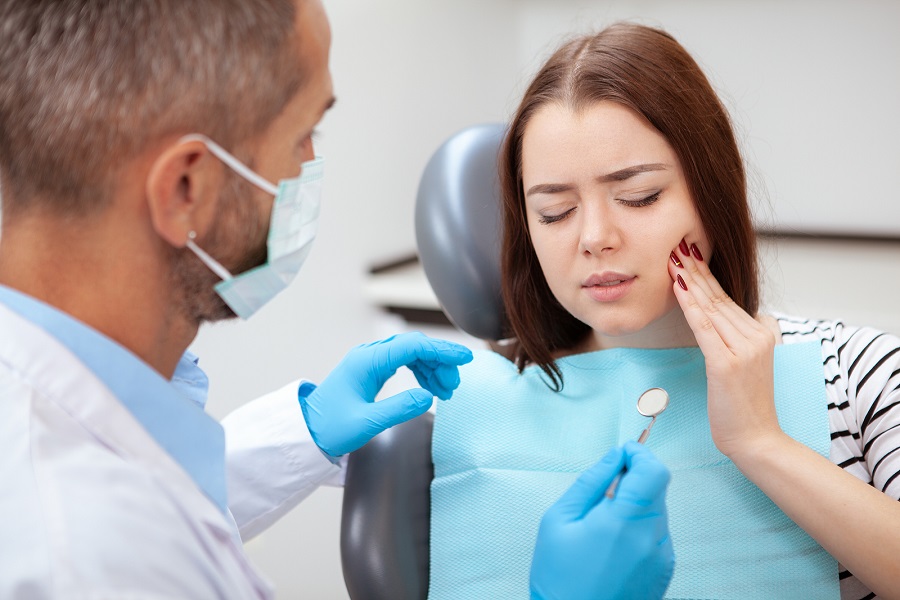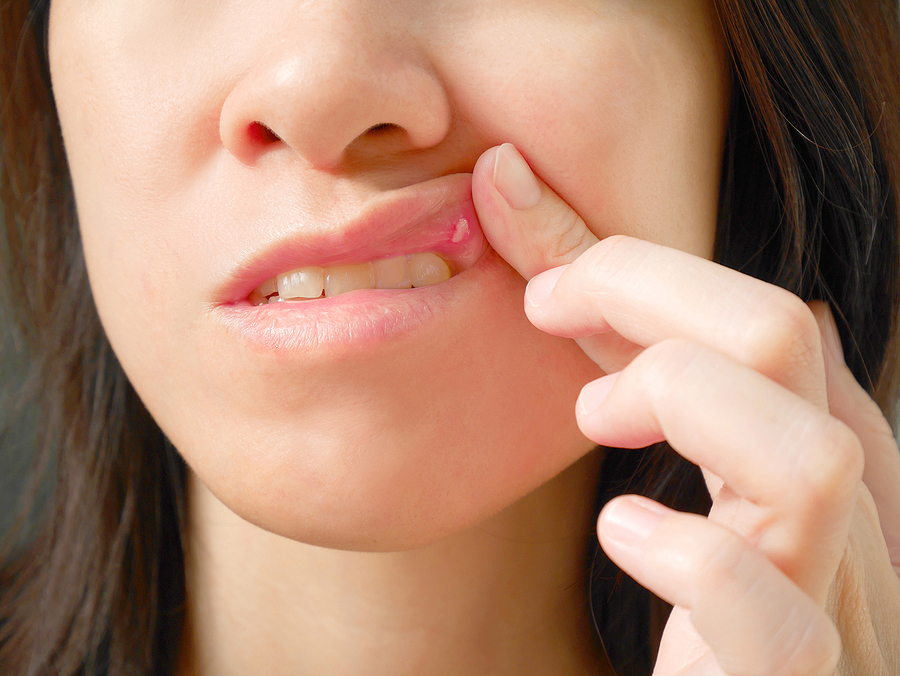Beyond Aesthetics: Understanding the Functional Benefits of Dental Crowns in Restorative Dentistry
Posted by The Dental Centre Dec 12, 2024

When it comes to dental health, we often think about aesthetics first. A bright smile and straight teeth are undeniably appealing. But there's more to the world of dentistry than just looks—especially when we talk about dental crowns in Austin, TX. These functional wonders play a crucial role in restorative dentistry that goes beyond enhancing our smiles.
Dental crowns serve as protective caps for damaged or weakened teeth, providing strength and stability where it's needed most. They can transform not only how your teeth look but also how well they function day to day. Understanding their benefits can empower you to make informed decisions about your oral health.
Let's dive deeper into what dental crowns are all about, explore the different types available, and uncover why they might be the right solution for you!
Types of Dental Crowns and Their Functions
Dental crowns come in various materials, each tailored for specific needs. Porcelain crowns are popular for their natural appearance, blending seamlessly with your teeth. They're often used for front teeth due to their aesthetic appeal.
Metal crowns offer durability and strength. Made from alloys or gold, they withstand chewing forces well. These are typically recommended for molars where visibility isn't a concern.
Resin crowns provide a mid-range option. While not as durable as metal or porcelain, they can be more cost-effective and still serve the purpose of protecting damaged teeth.
Ceramic crowns combine aesthetics with strength, making them versatile choices for both anterior and posterior restorations. Understanding these options helps patients make informed decisions about their dental care.
Indications for Dental Crown Placement
Dental crowns serve a critical role in restorative dentistry. They are often recommended for various dental issues that require more than just a filling.
If you have a tooth that is severely decayed or damaged, a crown can restore its strength and functionality. This is particularly important when the damage extends below the gum line.
Crowns are also suitable for teeth that have undergone root canal treatment. After such procedures, teeth may become brittle and prone to fracture; a crown provides essential support.
Additionally, crowns can enhance aesthetics for discolored or misshaped teeth. By covering these imperfections, they create a uniform smile without compromising structural integrity.
If you're considering dental implants, crowns play an integral part as they cap off the implant post to complete your restoration seamlessly. Each indication highlights their versatility in promoting oral health and function. Contact us to learn more.
Benefits of Dental Crowns in Restorative Dentistry
Dental crowns offer a range of functional benefits that go beyond mere aesthetics. They are essential in restoring the natural shape and strength of damaged teeth. Here are its major benefits:
A. Restoring Functionality
Dental crowns play a crucial role in restoring functionality to damaged teeth. When a tooth is fractured, decayed, or weakened by previous treatments, a crown acts as a protective cap that reinforces its structure.
This restoration allows patients to regain normal biting and chewing capabilities. Crowns help distribute the forces of chewing evenly across the tooth surface. This reduces stress on any remaining healthy parts of the tooth.
With improved function comes enhanced comfort. Patients no longer have to worry about pain or sensitivity when eating hot or cold foods. They can enjoy their favorite meals without hesitation.
Additionally, dental crowns provide stability for your bite alignment. Properly placed crowns ensure that all teeth work harmoniously together during daily activities like speaking and eating.
B. Protecting Teeth from Further Damage
Dental crowns serve as a protective barrier for weakened teeth. Once a tooth has suffered decay or trauma, its structure is compromised. This vulnerability can lead to further damage if not addressed promptly.
By placing a crown over the affected tooth, you shield it from external forces like biting and chewing pressure. The crown acts as armor, preventing cracks and fractures that could worsen the condition of your dental health.
Additionally, crowns reduce sensitivity by covering exposed areas of the tooth. Hot or cold foods become less daunting when your sensitive nerves are safely encased.
This protective measure not only preserves your original smile but also minimizes the risk of more invasive procedures down the line. With proper care, dental crowns help maintain your natural teeth while promoting lasting oral wellness in Austin's vibrant community.
C. Improving Oral Health
Dental crowns do more than restore a tooth's appearance; they play a vital role in enhancing overall oral health. By covering and protecting damaged or weakened teeth, crowns help to prevent further decay and potential infections.
When a tooth is compromised, it can lead to misalignment. Crowns ensure that your bite remains even and balanced. This alignment helps reduce unnecessary stress on surrounding teeth.
Moreover, dental crowns enhance the health of adjacent gums. A well-fitted crown reduces the risk of gum disease by preventing food particles from getting trapped around the tooth structure.
With their durable materials, such as porcelain or metal, crowns can withstand daily wear and tear. They provide long-lasting protection while maintaining natural aesthetics—promoting confidence alongside improved function.
Procedure for Getting Dental Crowns in Austin, TX
Getting dental crowns in Austin, TX, typically involves a two-visit process. During your initial appointment, the dentist will assess your tooth's condition and take X-rays to determine underlying issues.
Once ready for treatment, the affected tooth is often reshaped to accommodate the crown. This ensures a snug fit and natural appearance. After this step, an impression of your tooth is made to create a custom crown.
While waiting for the permanent crown—usually about two weeks—you may receive a temporary one to protect your tooth.
During your second visit, the temporary crown is removed. The new crown is carefully placed and adjusted for proper bite alignment before being permanently cemented. Your dentist will ensure you feel comfortable throughout this procedure while answering any questions you might have about care or maintenance afterward.
Conclusion
Dental crowns are more than just a cosmetic solution. They play a crucial role in restorative dentistry, providing essential benefits that go beyond appearances. When you consider the various types of dental crowns and their specific functions, it becomes clear how versatile this treatment can be.
From restoring functionality to protecting damaged teeth, dental crowns serve multiple purposes that contribute significantly to oral health. Whether you're dealing with decay, fractures, or wear from grinding, these restorations help maintain your natural bite and improve overall comfort while eating or speaking.
If you're in need of a crown placement in Austin, TX, understanding the procedure is important. With advancements in technology and techniques available today, getting a dental crown has never been easier or more efficient.
Choosing dental crowns means investing in long-term oral health. By addressing issues like damage and decay effectively, you're taking an important step toward maintaining not only your smile but also your confidence and quality of life. Explore your options for dental crowns in Austin, TX—your future self will thank you!
The Dental Centre, located in Austin, is equipped with expert dentists and modern amenities. Call us at (512) 892-7800 and schedule an appointment with the dentist to know more about dental crowns and bridges.
Visit Our Office
Austin, TX
4301 W WILLIAM CANNON DR Building B #240, Austin, TX 78749
Email: care@dentalcentreaustin.com
Book NowOffice Hours
- MON9:00 am-1:00 pm, 2:00 pm-5:00 pm
- TUE9:00 am-1:00 pm, 2:00 pm-6:00 pm
- WED9:00 am-1:00 pm, 2:00 pm-5:00 pm
- THU9:00 am-1:00 pm, 2:00 pm-6:00 pm
- FRIBy appointments only
- SAT - SUNClosed
4301 W WILLIAM CANNON DR Building B #240,
Austin, TX, 78749
Phone: (512) 892-7800Text Us: (512) 892-7800







